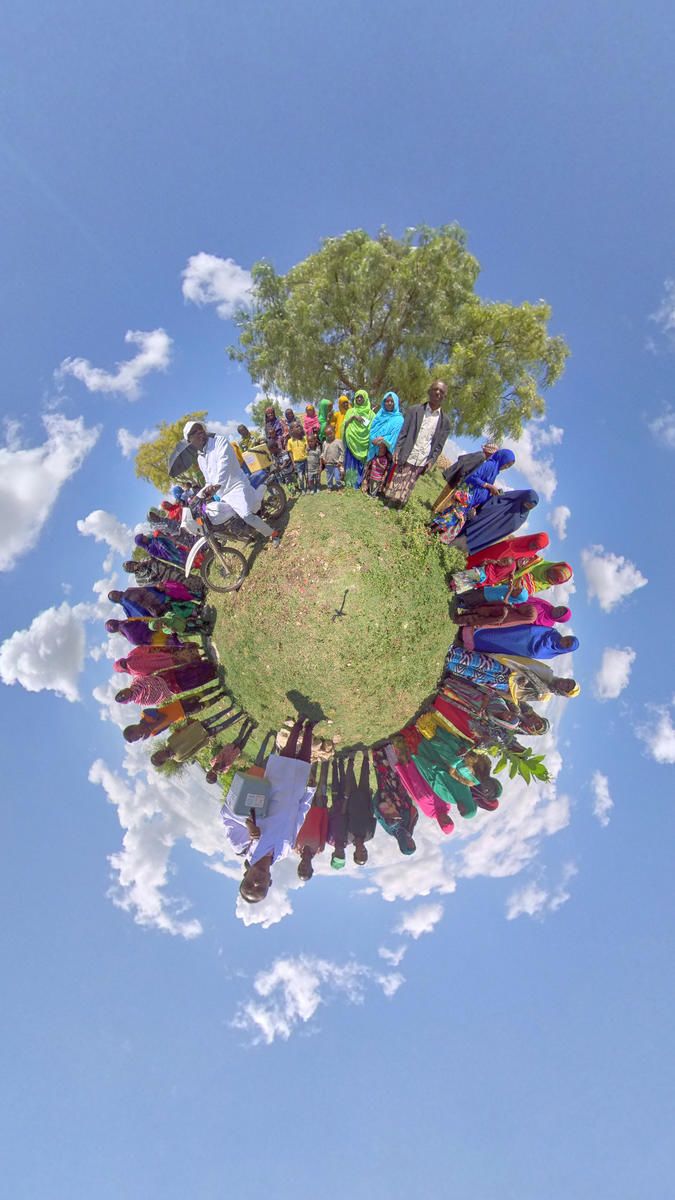GSK & SAVE THE CHILDREN
What does it take to vaccinate a child in hard-to-reach communities?
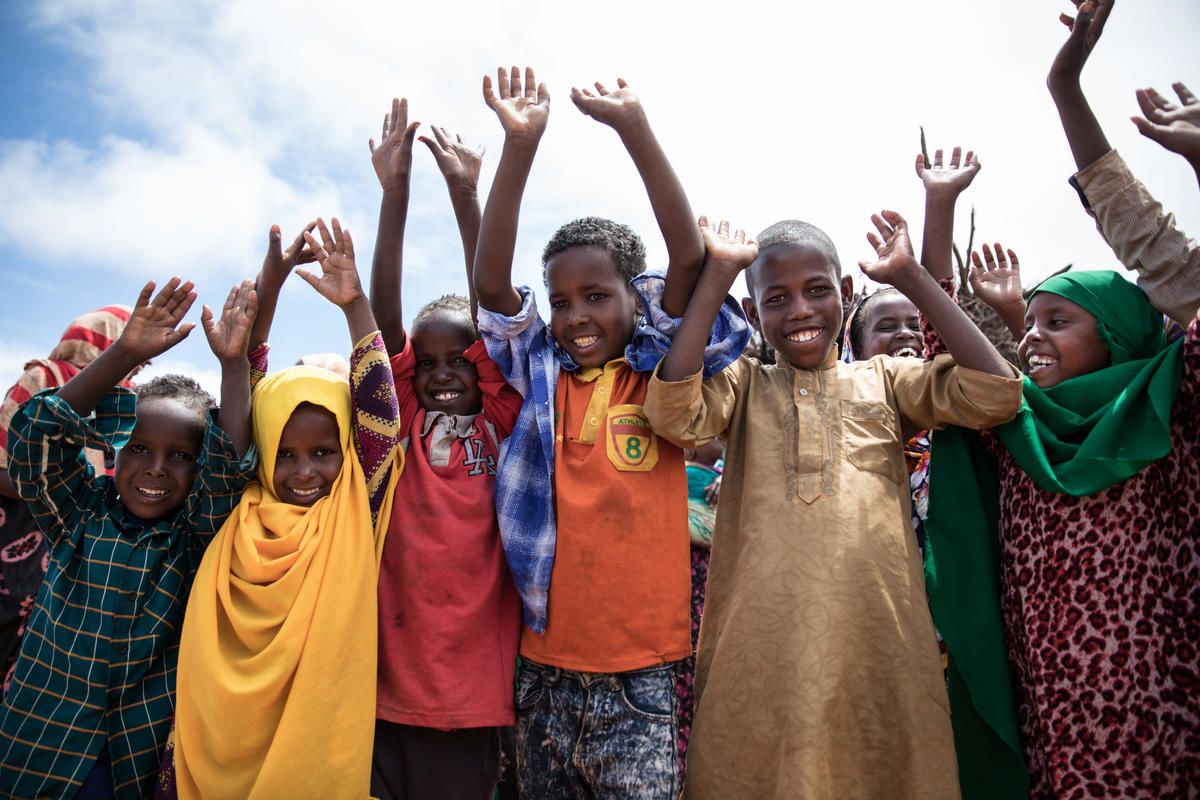
GSK and Save the Children have been working in partnership since 2013, implementing life-saving programmes across 46 countries including Vietnam, Colombia and Democratic Republic of Congo. We have reached over 3.15 million children under the age of five, and met head on some of the main causes of preventable child deaths – including treating over 426,000 children for malaria, pneumonia or diarrhoea.
Our current work in Ethiopia is providing children in some of the hardest-to-reach communities with access to life-saving vaccines, in order to protect them from dangerous but preventable diseases.
Through our partnership support, children are given the chance to grow up safe and healthy, with the opportunity to become who they want to be.
LIFE IN THE
SOMALI REGION
OF ETHIOPIA
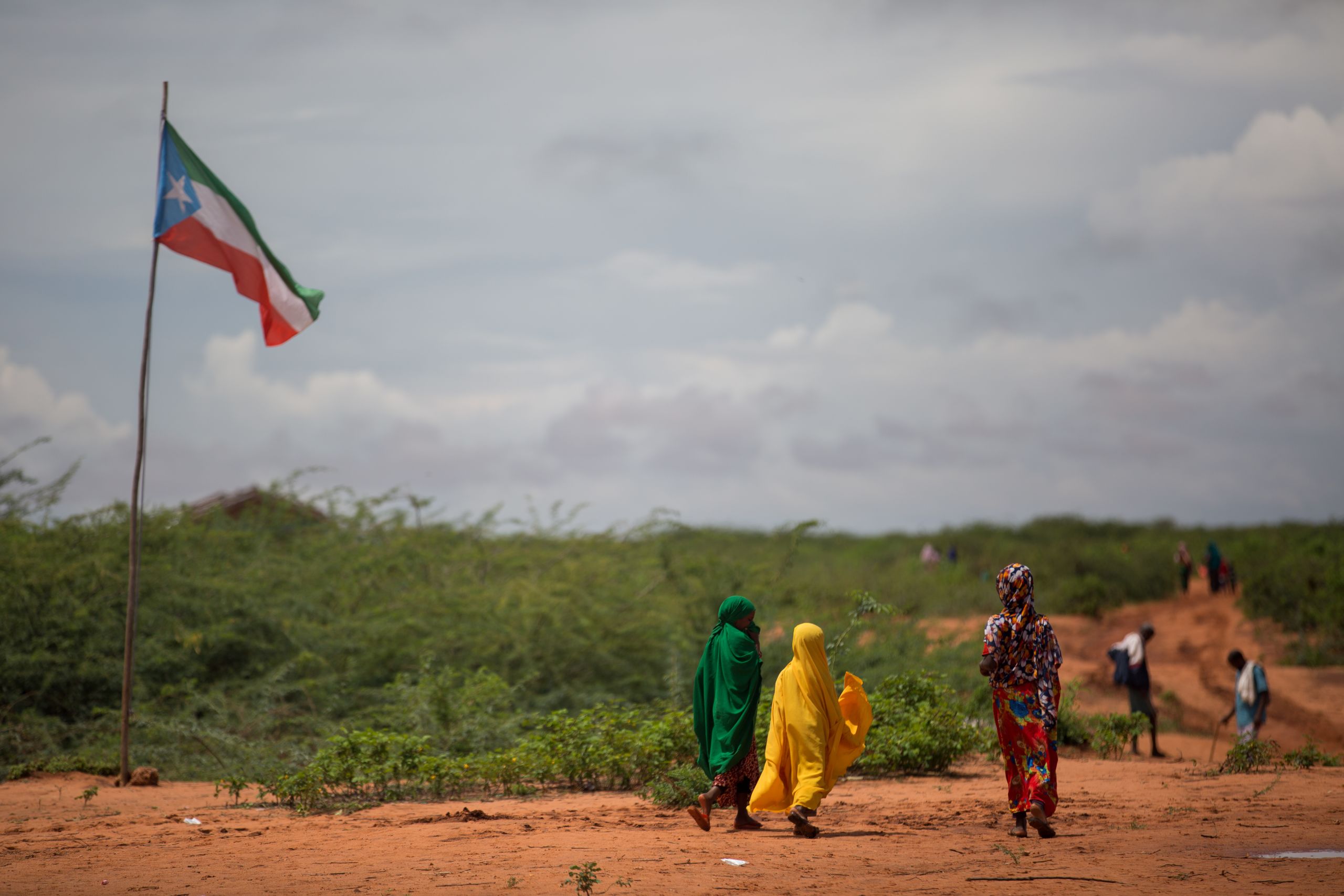
In Ethiopia, 58 children out of every 1,000 die before their fifth birthday*. In some rural areas, the situation is even worse, with large numbers of children unable to access essential vaccines needed to protect them from dangerous, but preventable, diseases.
Rukia lives in an isolated community in the Somali region of eastern Ethiopia, a locale which lacks schools, roads or easy access to healthcare.
Rukia understands more than most the devastation disease can bring; she and her husband lost six children in a row.
She has four surviving children - Bisharo, 12, Abdi, 10, Fatuma, 8 and Farah, 1.
Without any local healthcare facilities nearby, Rukia had to carry her children for hours by foot to seek help when they developed life-threatening illnesses like pneumonia.
“I remember making this journey four times carrying a sick child. We walked for at least four to five hours. Of my children who got sick, Bisharo was the only one who survived that journey.”
Her children were all aged just one year or under and died from preventable diseases.
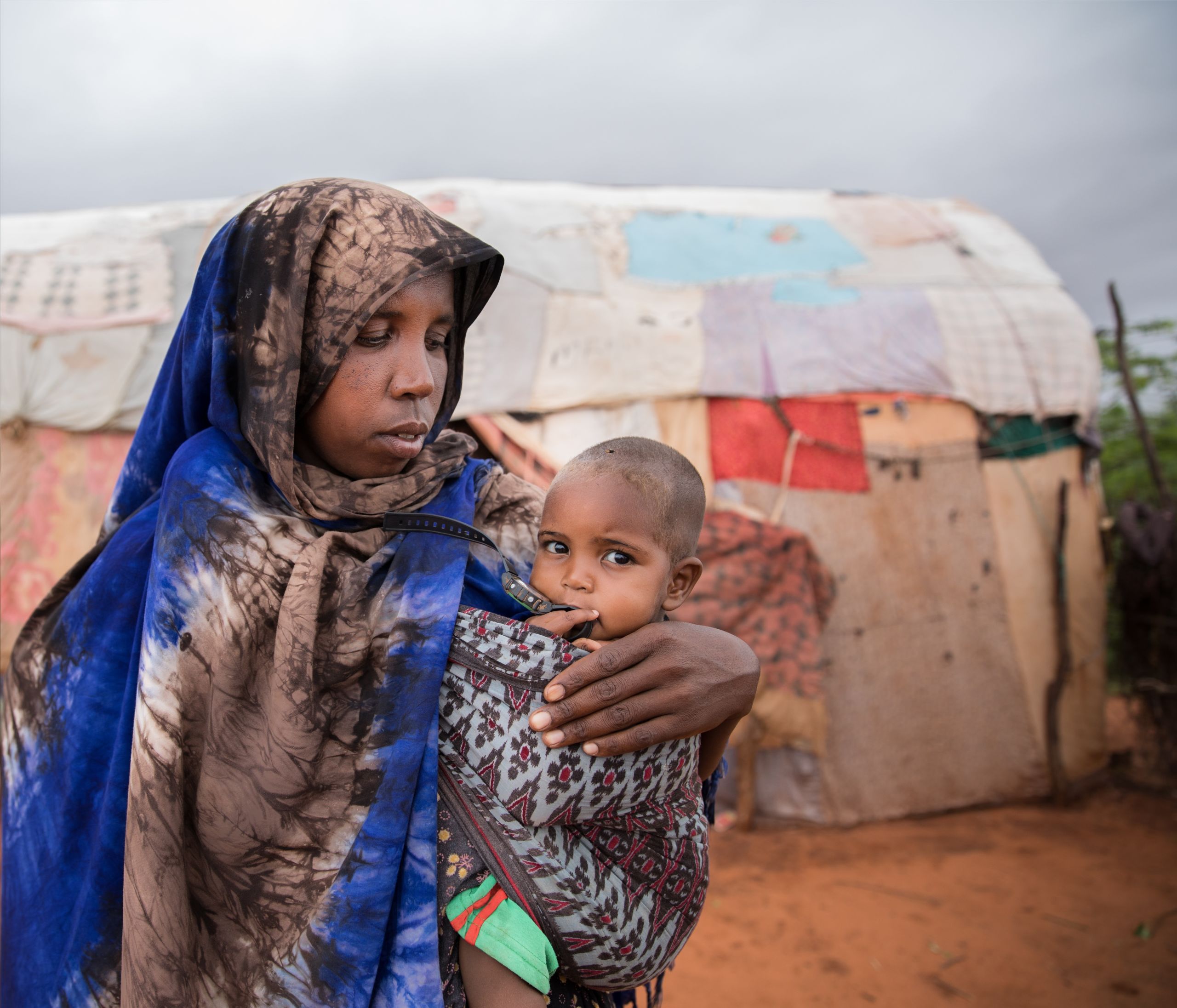
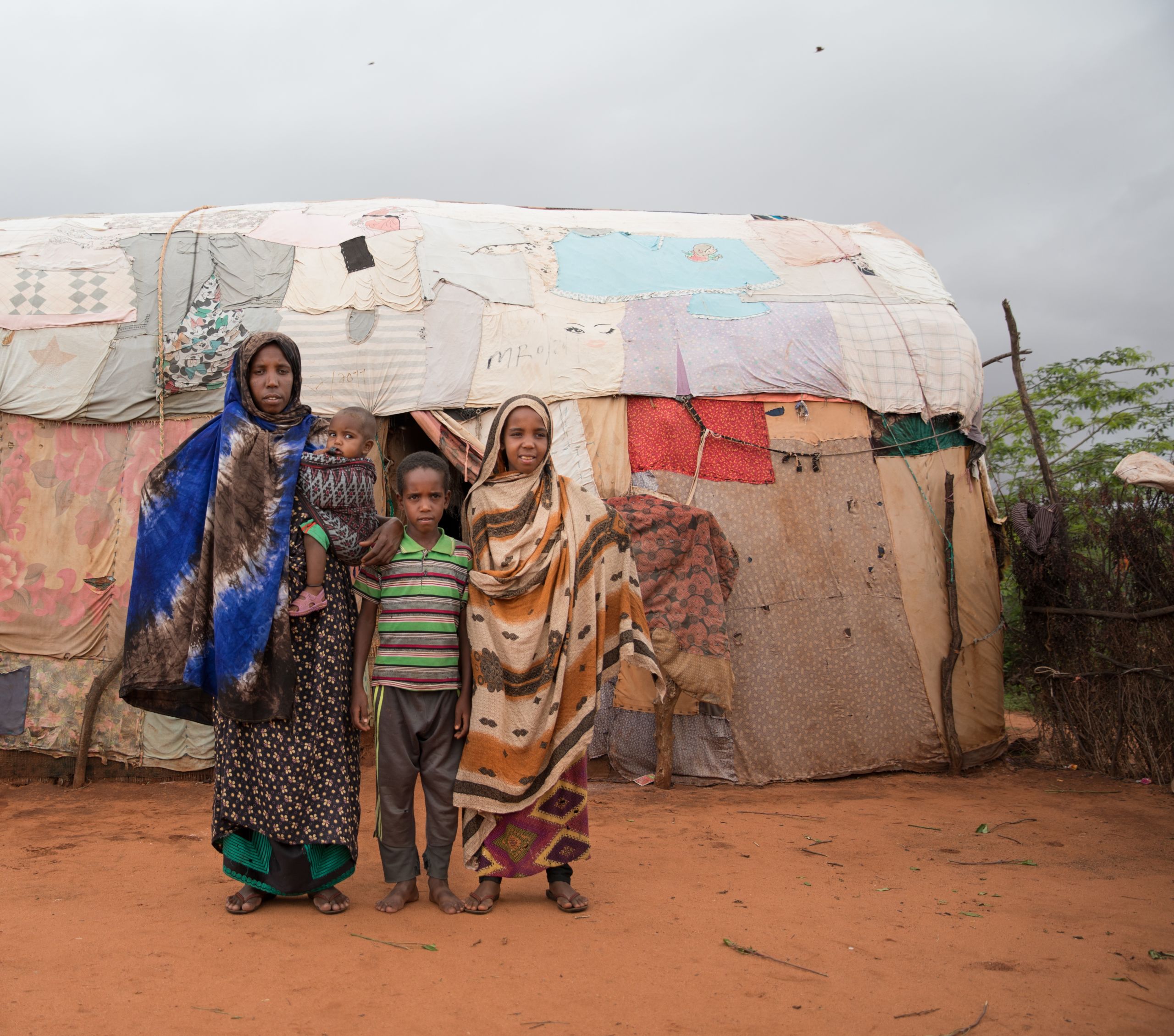
Communities like Rukia’s often live too far from their nearest health facility and families are unable to access the vaccinations their children desperately need to prevent illness.
When they are able to access a health facility, it is often inadequately set up to regularly administer vaccinations due to either a lack of equipment (sometimes the equipment that is available to them is broken) or a lack of trained health workers.
Gender-based social practices and a fear of side-effects within certain communities also play a part in fewer children being vaccinated.
OUR PARTNERSHIP WORK IN ETHIOPIA
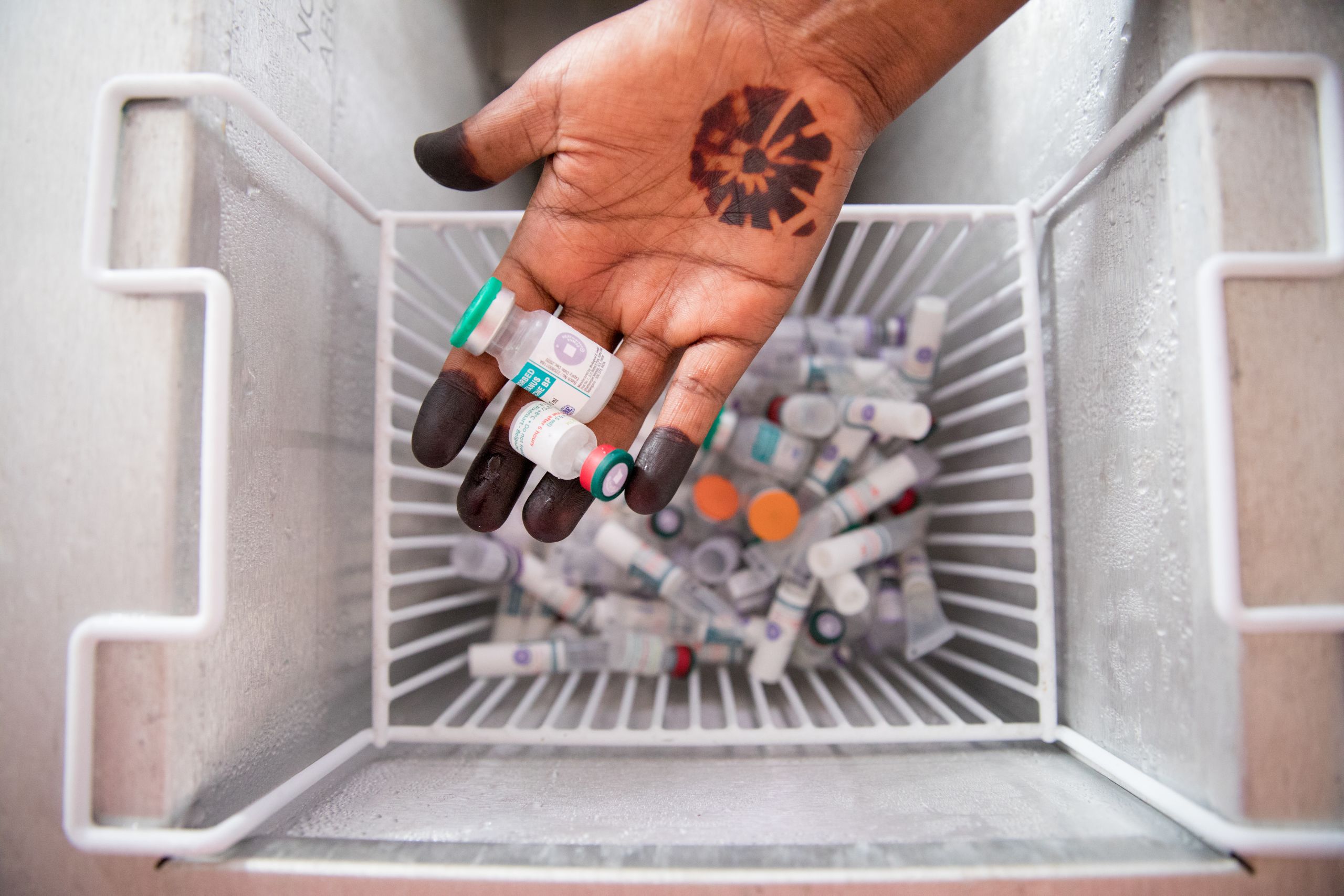
In Ethiopia, there has been great progress in preventing the number of children dying from preventable causes, helped by the routine use of vaccines. However, many children are still missing out, and therefore thousands of young lives are still at risk.
The partnership between GSK and Save the Children is helping reach children in some of the hardest-to-reach communities in Ethiopia with life-saving vaccines.
Since 2019, the project concentrates on strengthening key areas of the health systems in the Somali region, to ensure essential vaccines are reaching the children who need them most.
Save the Children and GSK are working hard to improve access to quality immunisation services by ensuring health facilities have the right equipment, staff and expertise available.
We are training and mentoring health workers, providing equipment such as vaccine refrigerators and improving data monitoring systems that ensure services are run as efficiently as possible.
Hasan is a health supervisor who's administered vaccinations in the Somali region of eastern Ethiopia for 15 years.
Prevalent diseases in the area include whooping cough, measles, pneumonia, tetanus, tuberculosis, hepatitis and polio. Without the resources to treat any of these diseases, vaccinations are crucial.
Hasan received cold chain maintenance training from Save the Children and now distributes vaccines from a cold box on the back of a motorbike, which was funded by GSK.
“Save the Children help us to provide the vaccines and gave me training. They give us cold chain maintenance training, how to check the temperature and keep vaccines in the cold chain with a kerosene fridge. Now that GSK funded the maintenance of motorcycles, we can get to hard to reach areas. There are mountain areas that can only be reached by bike.”
Hasan has seen a real improvement in the health of the communities he works in thanks to the uptake in vaccinations. Elders and volunteers mobilise the community to take part and there have been no large outbreaks.
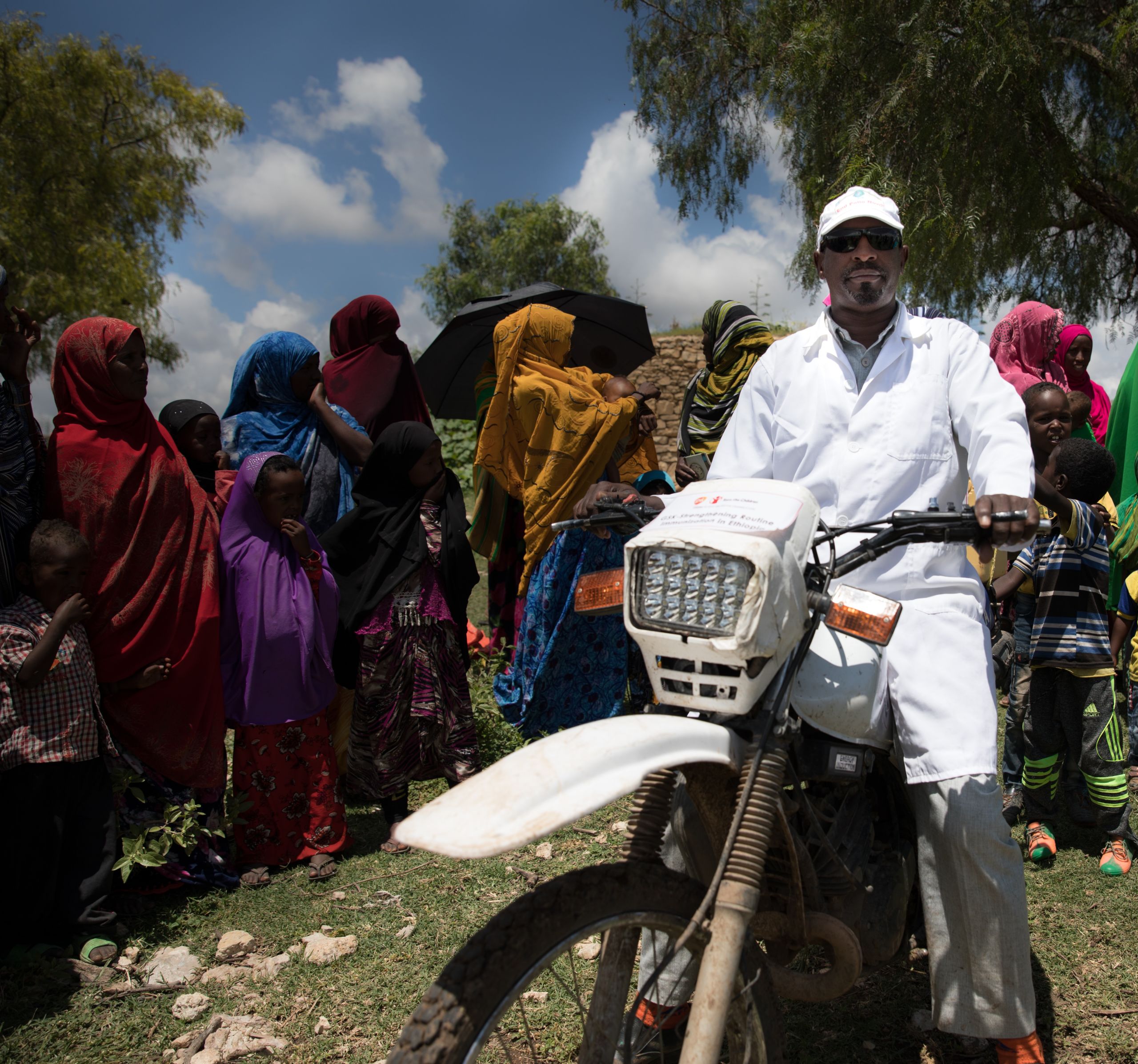
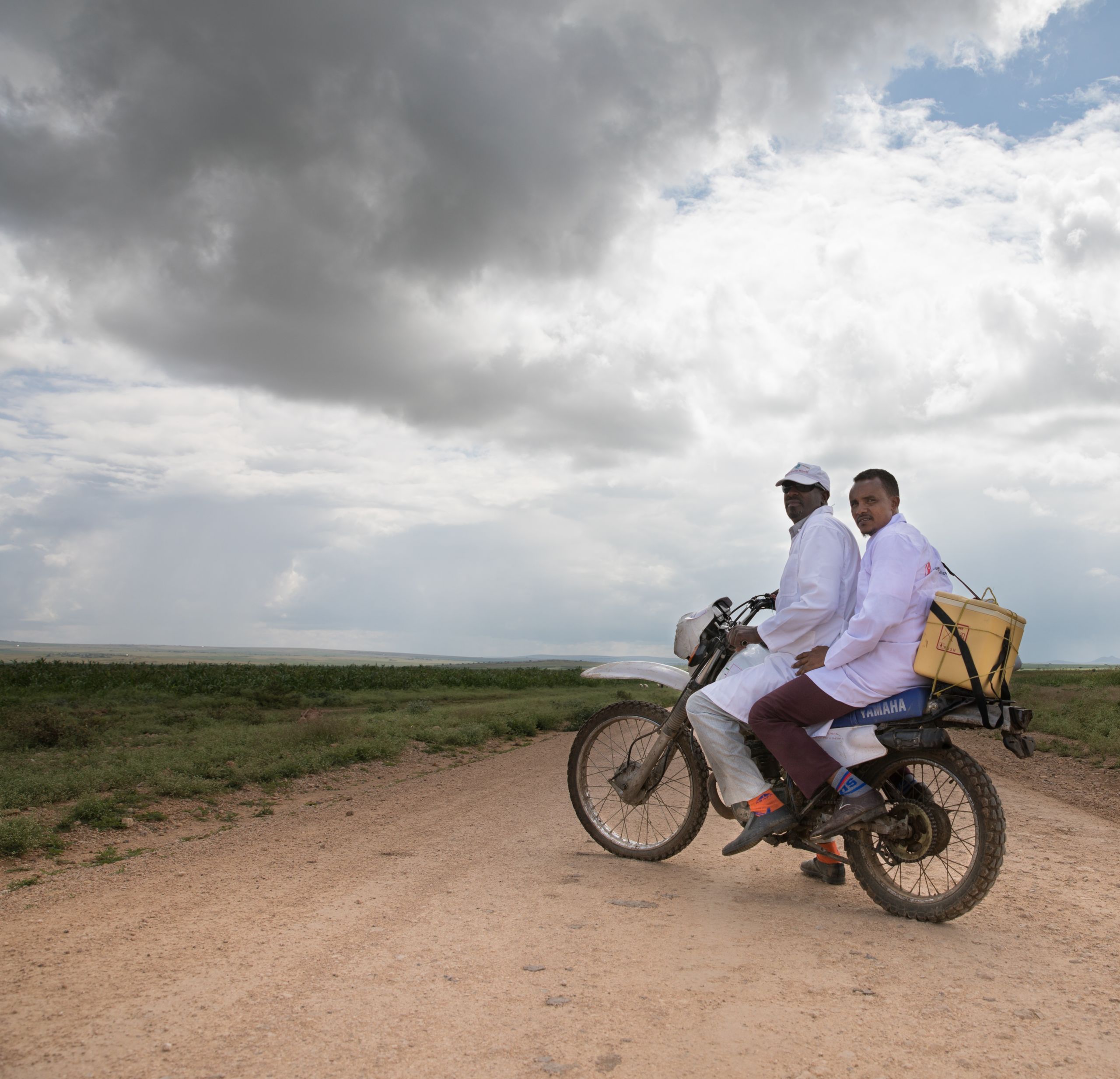
In order to motivate more parents to vaccinate their children, Save the Children are working with parents, caregivers, teachers, and community and religious leaders to help promote the benefits of vaccines and raise awareness of the health services available to them.
Abdi, Community Volunteer
"I committed to do this job for my community – not for money but for my community. There's been a big change. Before this programme there was no vaccine but now with the vaccine and health education, we have seen a big change. Some children don't come, so I go to their home and bring them myself. I feel good."
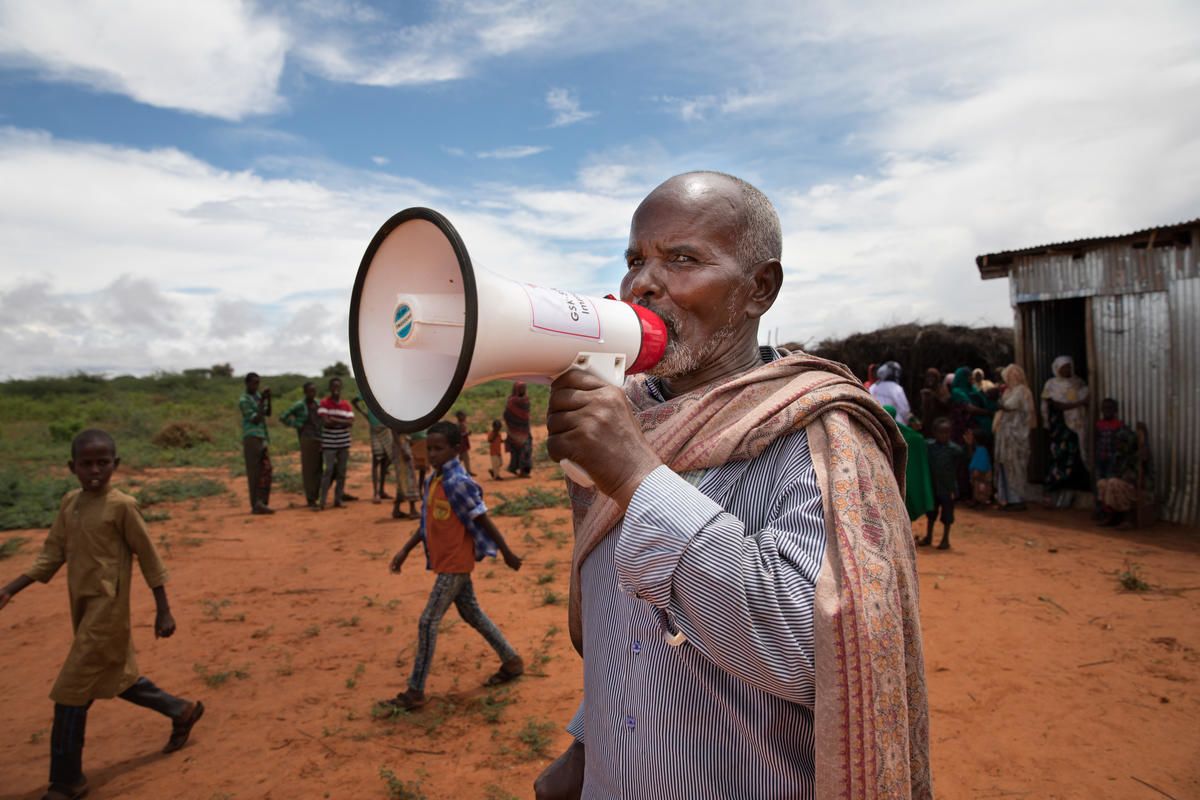
By engaging with key stakeholders at regional and national levels, such as government representatives and community leaders, Save the Children are ensuring that all children, including those in marginalised or disadvantaged communities, can benefit from life-saving vaccines.
Najma, 10, & Tufah, 9 months
“My sister Tufah was taken by our mother to have her vaccination. The benefits of vaccinations are that they stop diseases. I have seen my sister sick and coughing because of disease. It makes me sad. When my little sister and brother are healthy, I am happy.”
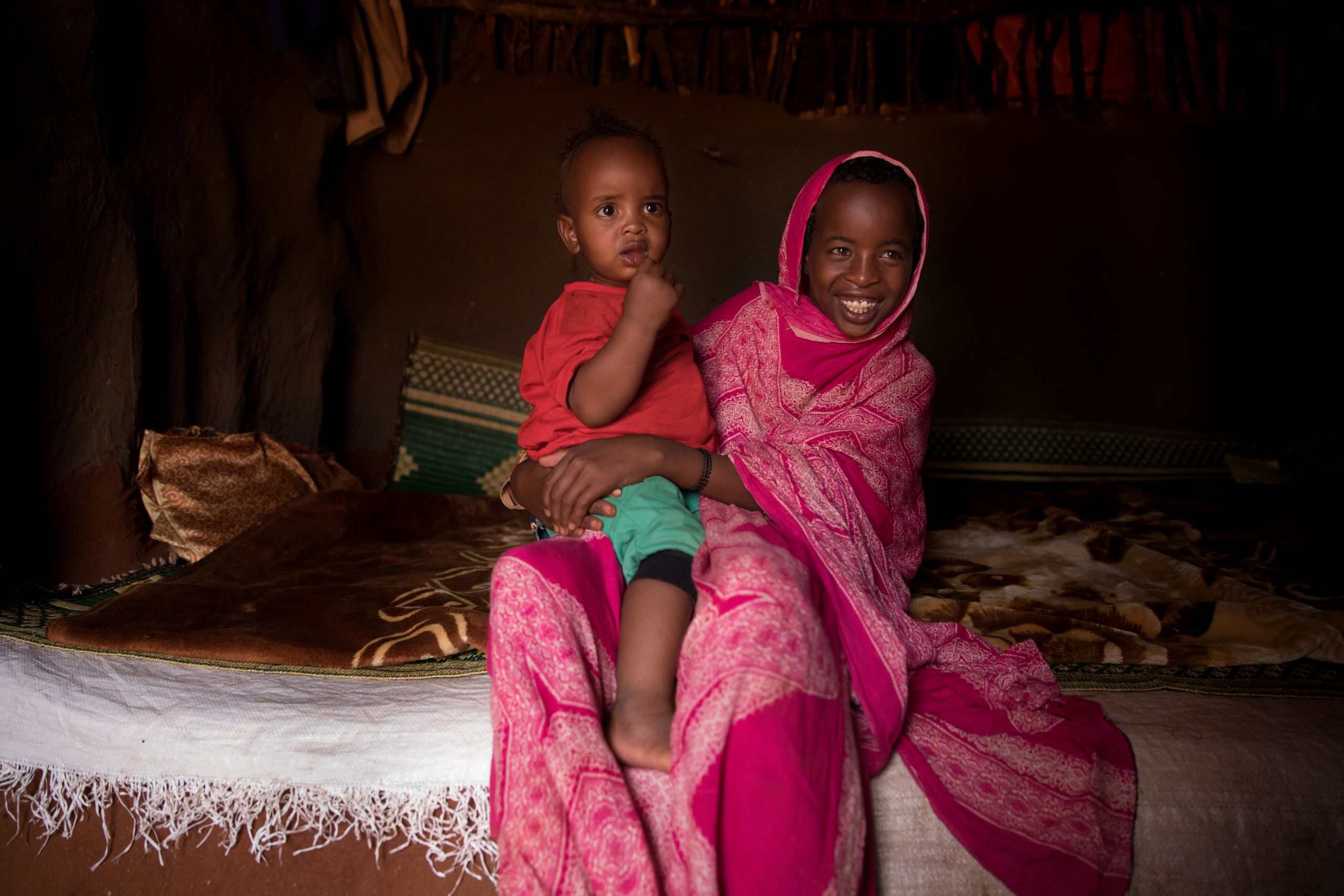
FROM THE OFFICE TO THE MOUNTAINS
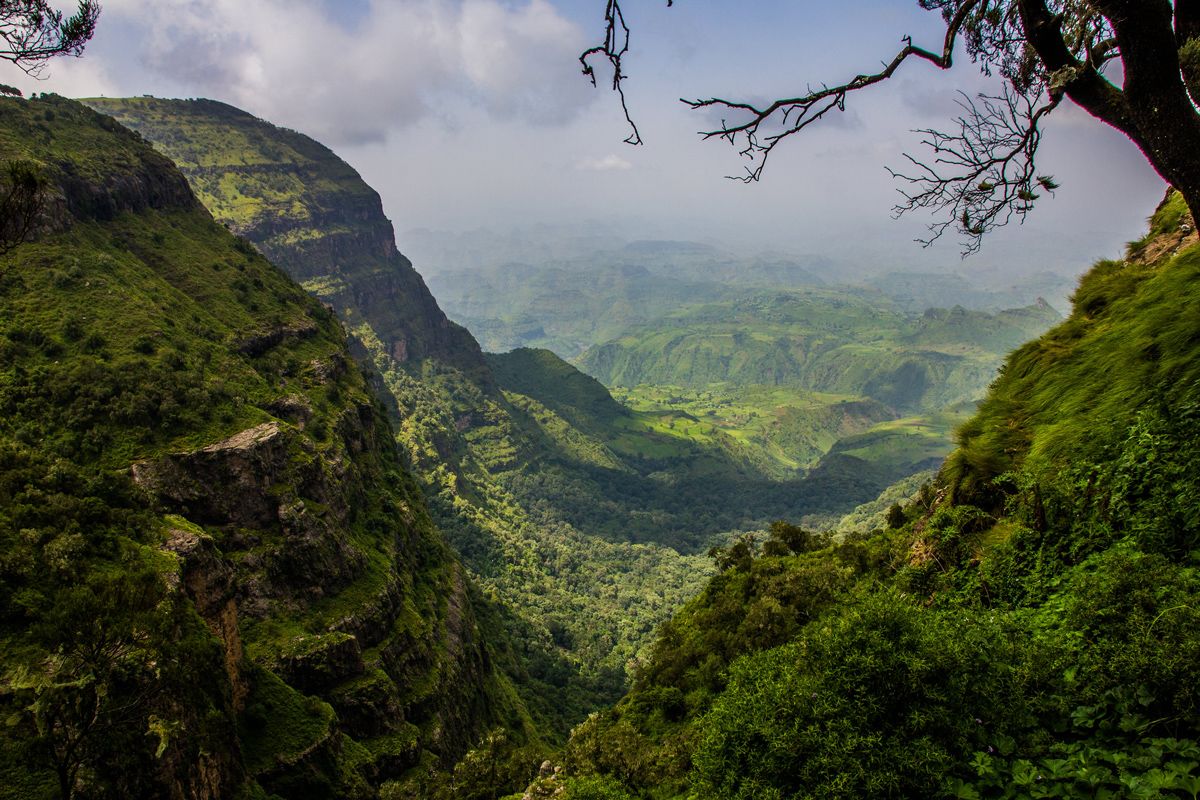
In 2019, 40 GSK employees travelled to Ethiopia and trekked the Simien Mountains to raise money for the partnership’s programmes, including this immunisation programme in Ethiopia.
The group raised over £280,000 and these funds have largely been used to support our partnership’s programme in Ethiopia to:
- buy solar-powered vaccine refrigerators, allowing remote communities to receive, and store, life-saving vaccines;
- pay for health workers to travel to hard-to-reach families to help deliver essential vaccination sessions;
- cover the transportation costs of fuel and vaccines to health facilities in remote communities.
Farah, 4
Farah's mother: "Before we had vaccinations, I used to worry about giving my children milk, food and water. Now I feel they are stronger than even five years ago. I’m happier and more relaxed than I have ever been. I see the new, better health on their faces."
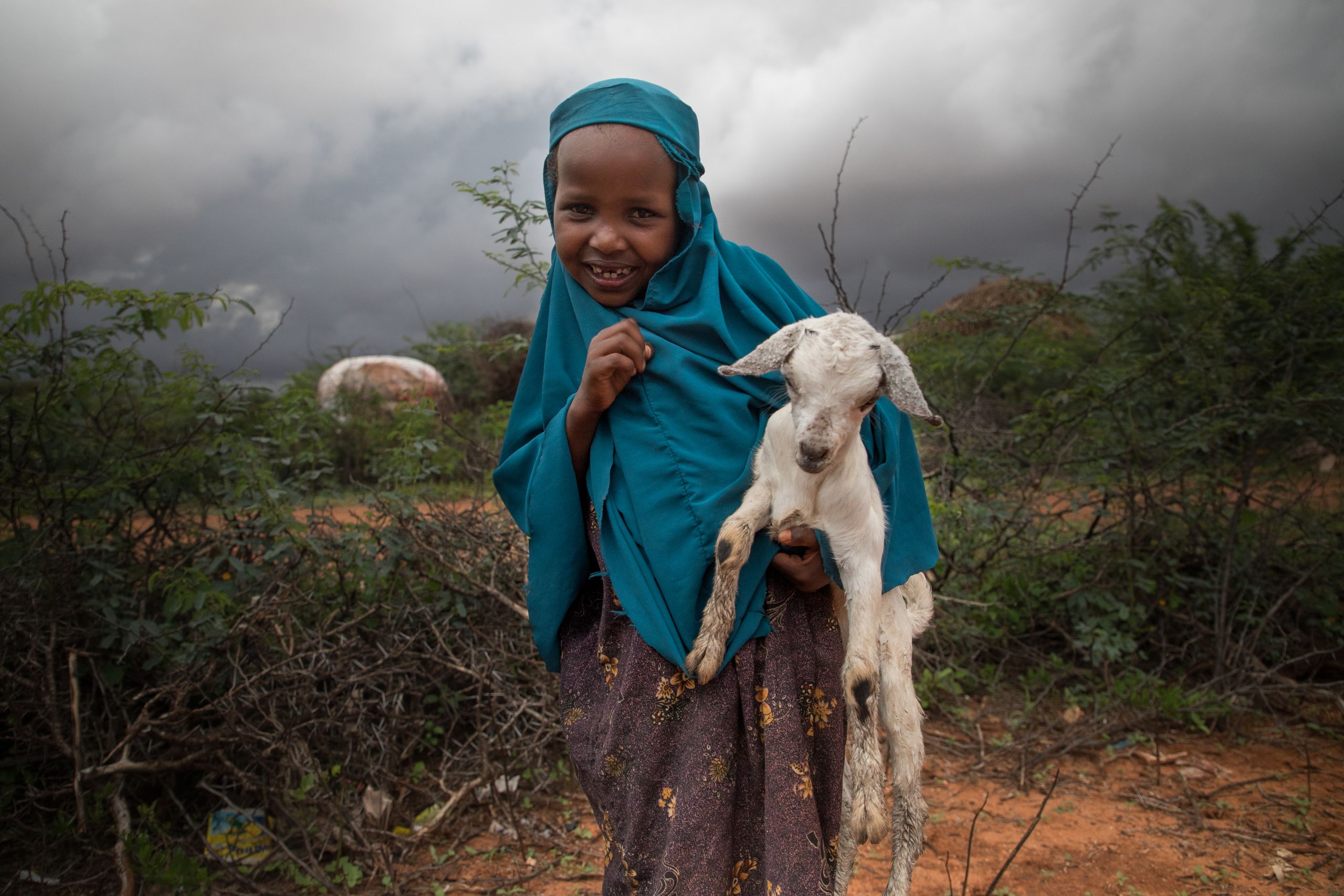
Thank you.
With your support, this programme will continue to strengthen the health system, helping more children in the Somali region of Ethiopia access quality immunisation services.
We look forward to continuing our life-saving work together for children all over the world.
